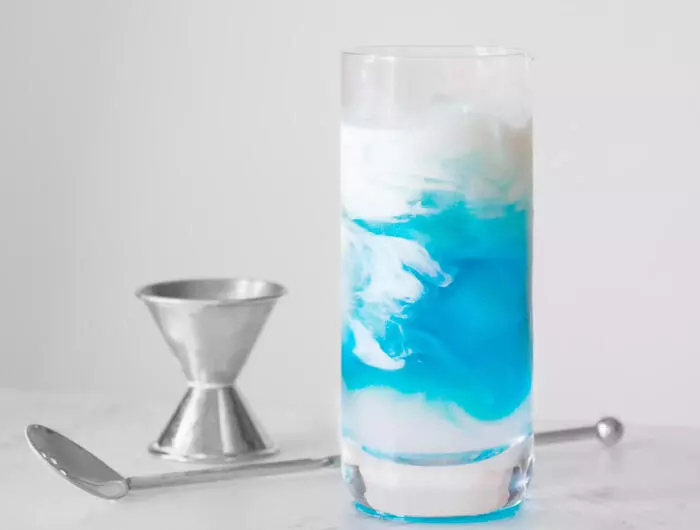Previously, beverages were often associated with specific regions, representing their unique cultures.
However, in recent times, certain drinks have gained global recognition and popularity.
While numerous beverages are being discovered daily, ten specific drinks are widely consumed worldwide.
10. Orange Juice
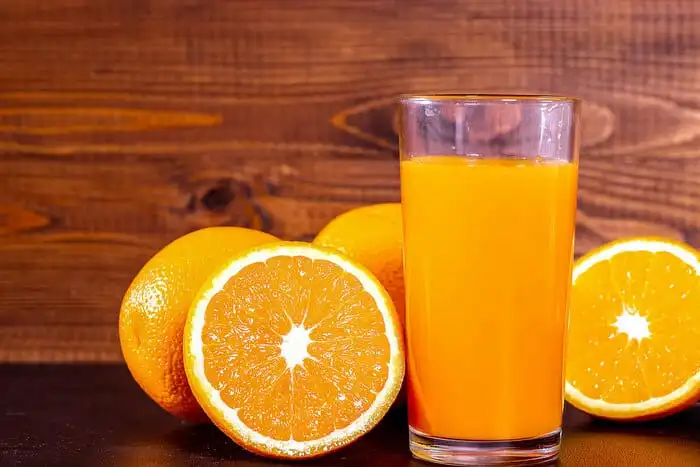
Orange juice is prepared from the liquid extract of orange, the richest source of vitamin C.
Packed with fiber, potassium, thiamine, and other essential nutrients, orange juice is considered one of the healthiest beverages.
In addition to its great taste and affordability, orange juice offers numerous health benefits, such as disease prevention and immune system enhancement.
Available in both canned and freshly squeezed forms, orange juice boasts a shelf life of 3-7 days.
It has a detoxifying agent which boosts one’s immune system. Also helps in regulating sugar levels which thereby helps in managing the cholesterol level.
9. Milk
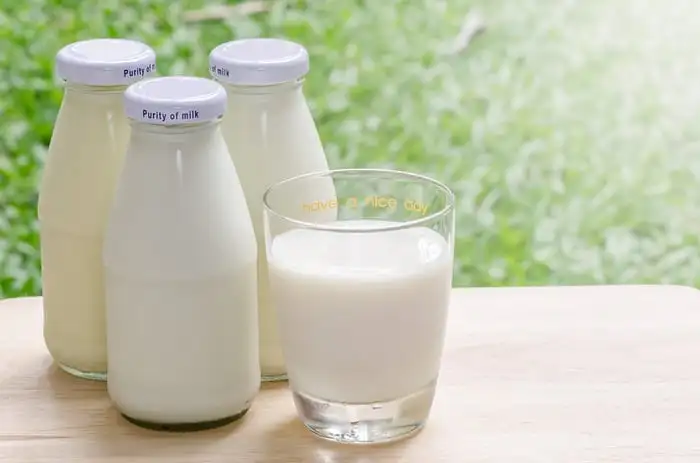
Milk, a natural beverage obtained from mammals, is a nutritional powerhouse.
Animals, including humans, produce milk to nourish and provide vital nutrition to their offspring.
Milk serves as the primary source of calcium, which plays a pivotal role in bone development and the proper functioning of the heart muscle.
It has been a dietary staple for decades and offers versatility in its usage, making it an integral ingredient in various products that contribute to our daily lives.
Consequently, milk continues to gain popularity as an essential beverage.
8. Soft Drink
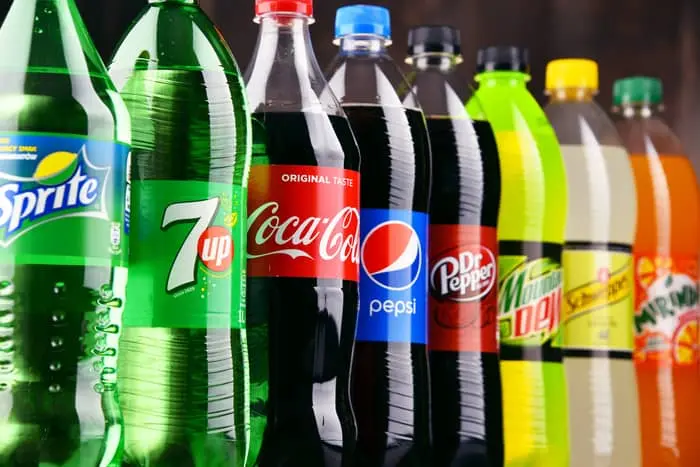
Soft drinks are named Soft drinks to differentiate them from hard alcoholic drinks.
It can be alcoholic/non-alcoholic, but the alcohol content has to be very minimal.
It is popular because a wide variety of age groups consume it.
Leading soft drink brands like Coca-Cola and Pepsi enjoy immense popularity and can be readily found in restaurants, movie theaters, shops, and numerous other establishments.
7. Wine

Wine, an alcoholic beverage produced through the fermentation of grapes, has a rich history.
Although wine was traditionally associated only with grapes, the production methods have evolved to incorporate ingredients such as rice, herbs, and barley while maintaining the fundamental process of fermentation.
Wine holds a significant place in European culture, often considered an essential component of their diets.
Moreover, wine symbolizes luxury for many in Rome and other Western countries, as it was once exclusively affordable to the affluent.
Alongside its exquisite taste, the wine offers various health benefits.
6. Vodka

Vodka is a clear distilled alcoholic beverage. It mainly contains water and ethanol along with some flavorings.
The standard vodka usually contains 40% alcohol by volume and is generally taken without any mixer or water.
It has gained tremendous popularity among the younger generation and even finds application in culinary endeavors.
Vodka serves as a key ingredient in several dishes, adding a distinctive touch to the culinary landscape.
5. Energy drink
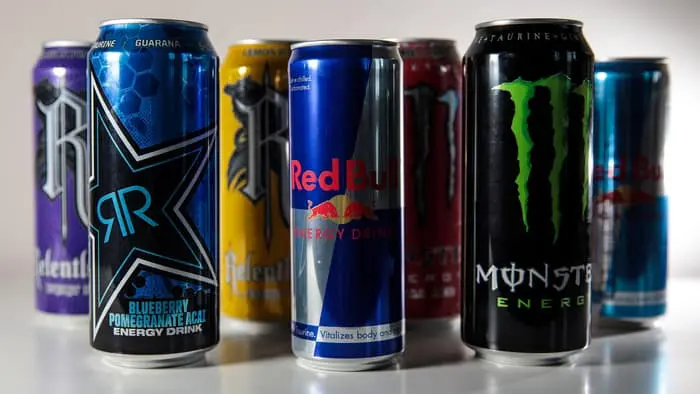
An energy drink is a type of drink containing caffeine, providing a stimulating effect and giving energy.
It is important to note that beverages like tea, coffee, and regular soft drinks are not categorized as energy drinks.
Energy drinks are believed to enhance cognitive functions, increasing attention and reaction speed, thereby improving overall performance.
Health experts suggest that energy drinks, infused with caffeine, promote alertness and enhance an individual’s capabilities.
As a result, energy drinks have become increasingly popular, especially among the younger generation.
4. Soup

Soup, a hot liquid food brimming with valuable nutrients, typically combines ingredients such as meat, vegetables, milk, and water.
Through boiling, the flavors of these ingredients are extracted, resulting in a wholesome culinary experience.
The rising interest in soup has led to the exploration of various flavors, resulting in a wide range of commercially available options.
People now actively seek out diverse soup varieties to satisfy their taste buds and enjoy the nutritional benefits they offer.
3. Beer
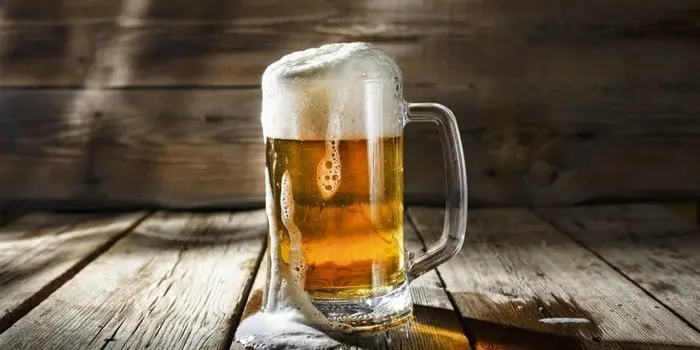
Beer is one of the oldest alcoholic drinks made worldwide.
It is brewed from cereal grains using a process known as brewing, which converts the starch source into a sugary liquid called wort.
This wort is then transformed into an alcoholic beverage.
Different types of beer possess varying alcohol content, catering to diverse preferences.
Beer’s widespread popularity has even given rise to beer festivals in certain countries, and it remains an integral part of many cultures.
Moreover, beer has been associated with the prevention of heart diseases and strokes, further adding to its appeal.
2. Coffee

Coffee, another source of caffeine, is a brewed drink made from roasted coffee beans.
In contrast to the direct boiling method of the past, coffee is now roasted and brewed before consumption.
It serves as a major revenue generator in several countries and has witnessed a surge in popularity due to its easy preparation and widespread availability.
Coffee not only relieves mental stress and physical fatigue but also improves mental alertness.
Furthermore, it offers numerous benefits for the skin and possesses antioxidant properties.
The consumption of coffee has also been linked to a reduced risk of developing diabetes.
As the second most widely accepted beverage worldwide, many individuals crave a cup of coffee upon waking up, largely due to the stimulating effects of caffeine.
1. Tea
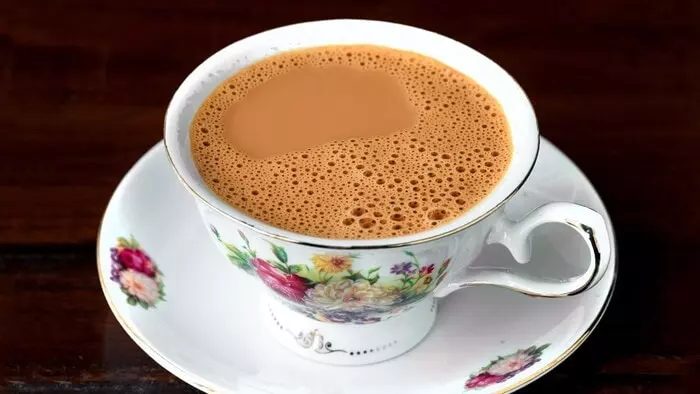
We all must have heard that “there is nothing a good cup of tea can’t fix” and it is true for so many of us as it is our go-to drink.
Traditionally served hot, tea is made by infusing processed Camellia Sinensis leaves in boiling water.
The increasing number of tea enthusiasts has led to the growing popularity of a wide range of tea flavors.
With its inherent caffeine content, tea also provides a gentle stimulant effect.
Tea has become an integral part of daily rituals for many individuals.
Following water, it is the most widely consumed beverage worldwide, favored by people from all walks of life due to its affordability and ease of preparation.
Tea holds the distinction of being one of the oldest beverages consumed globally, with an astonishing array of approximately 1,000 tea varieties available.
Notably, China stands as the world’s leading tea producer, while Turkey boasts the highest tea consumption rate globally.
The world is replete with a diverse range of beverages that capture our senses and cater to our unique tastes and preferences.
From the refreshing tang of orange juice to the comforting warmth of the tea, these top 10 most consumed beverages have solidified their positions in our daily lives.
They offer not only gustatory pleasure but also various health benefits.
